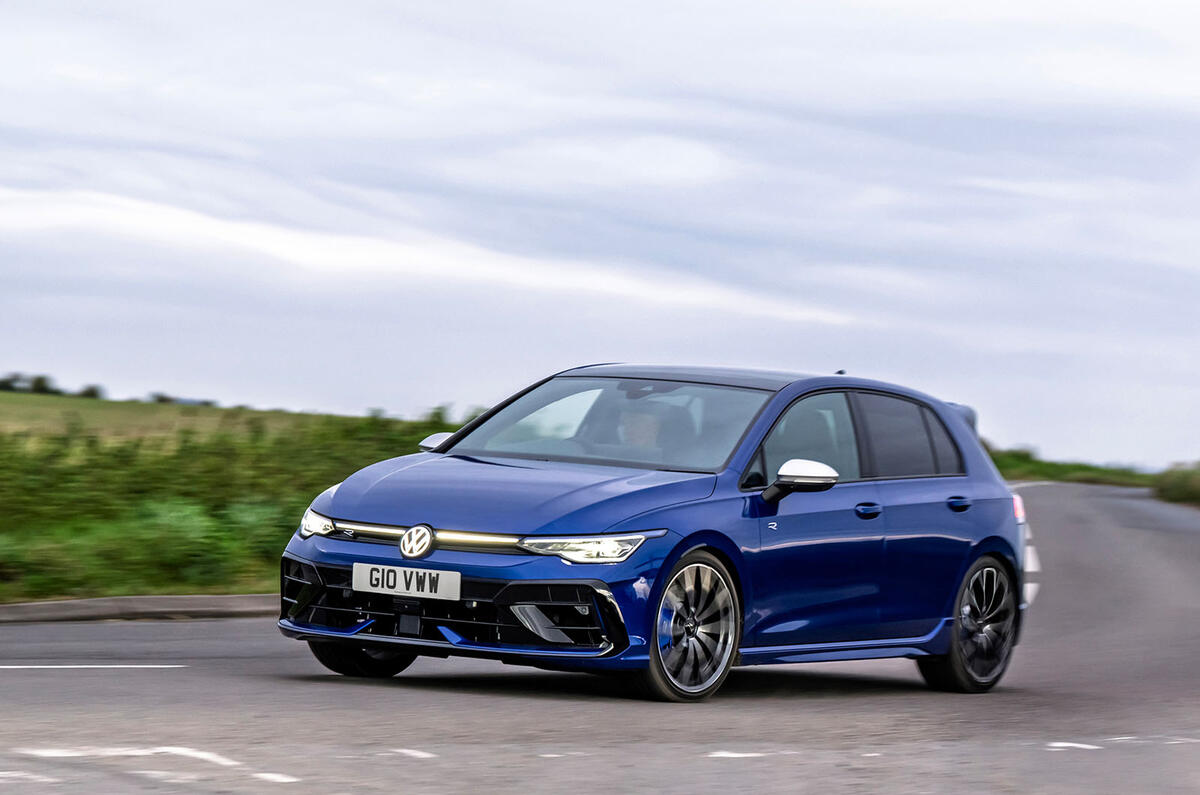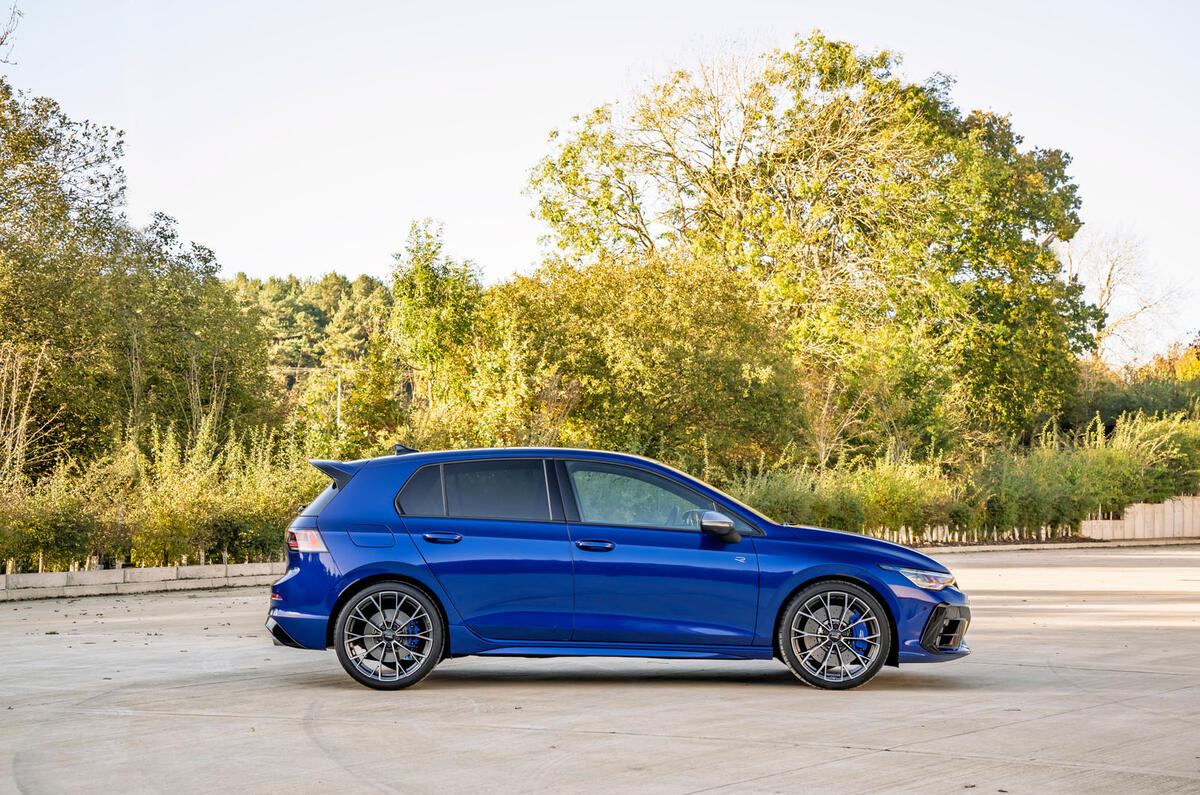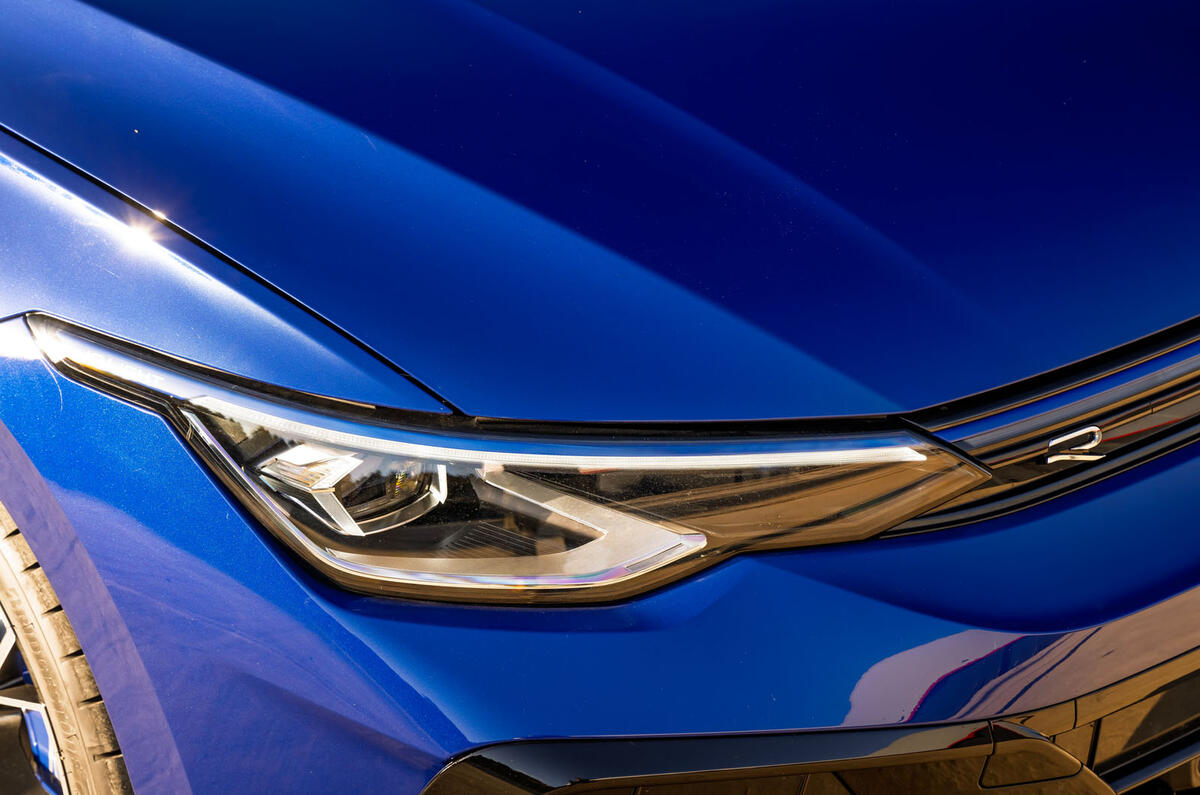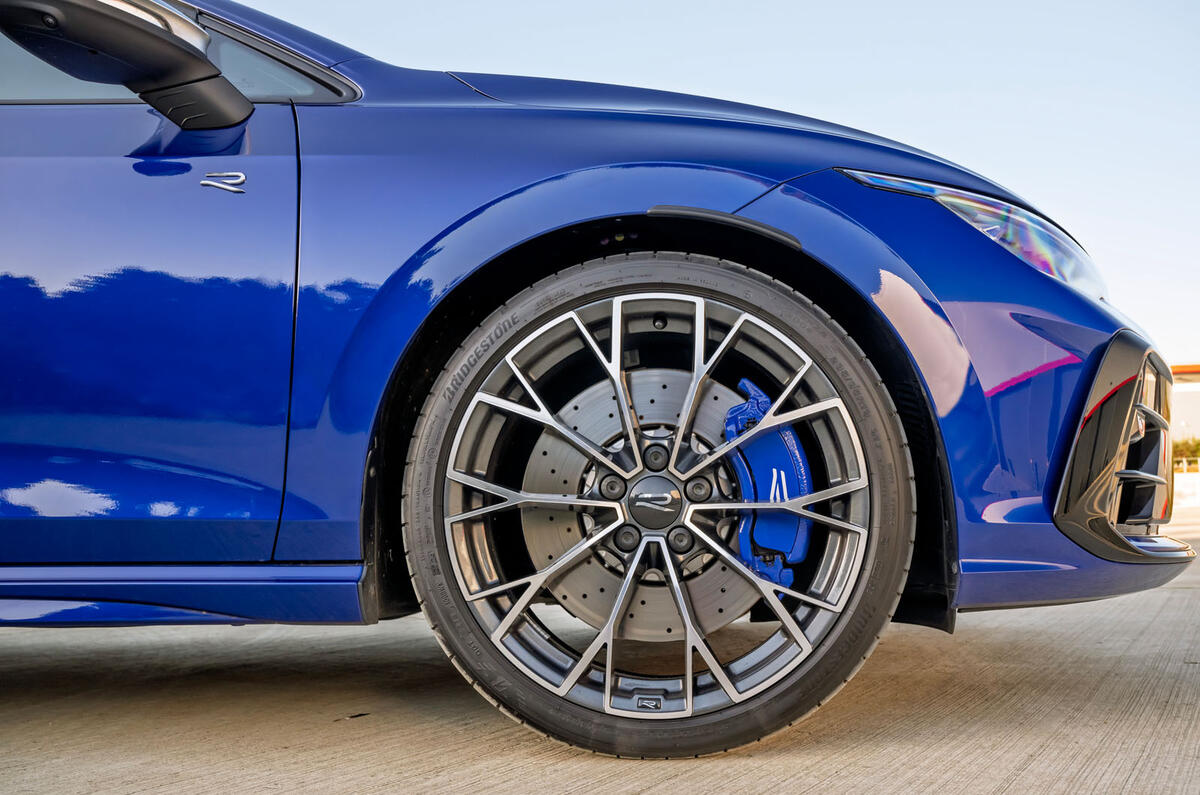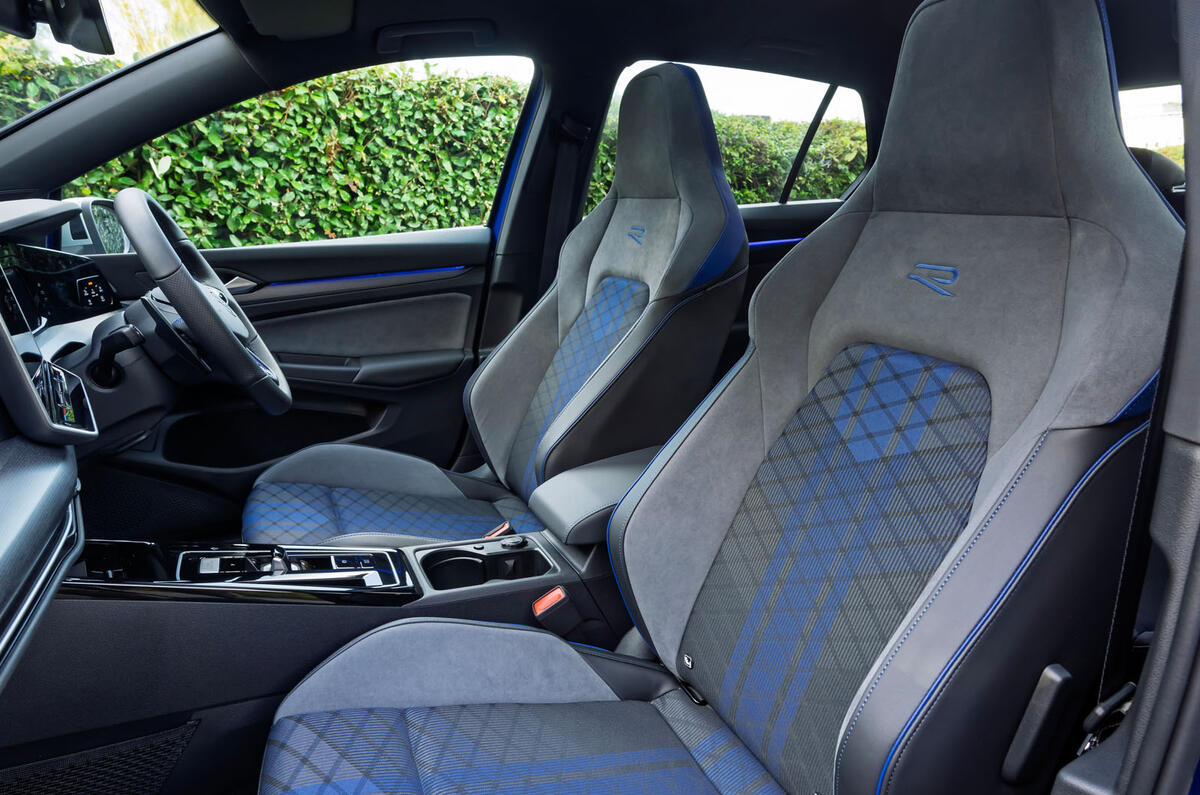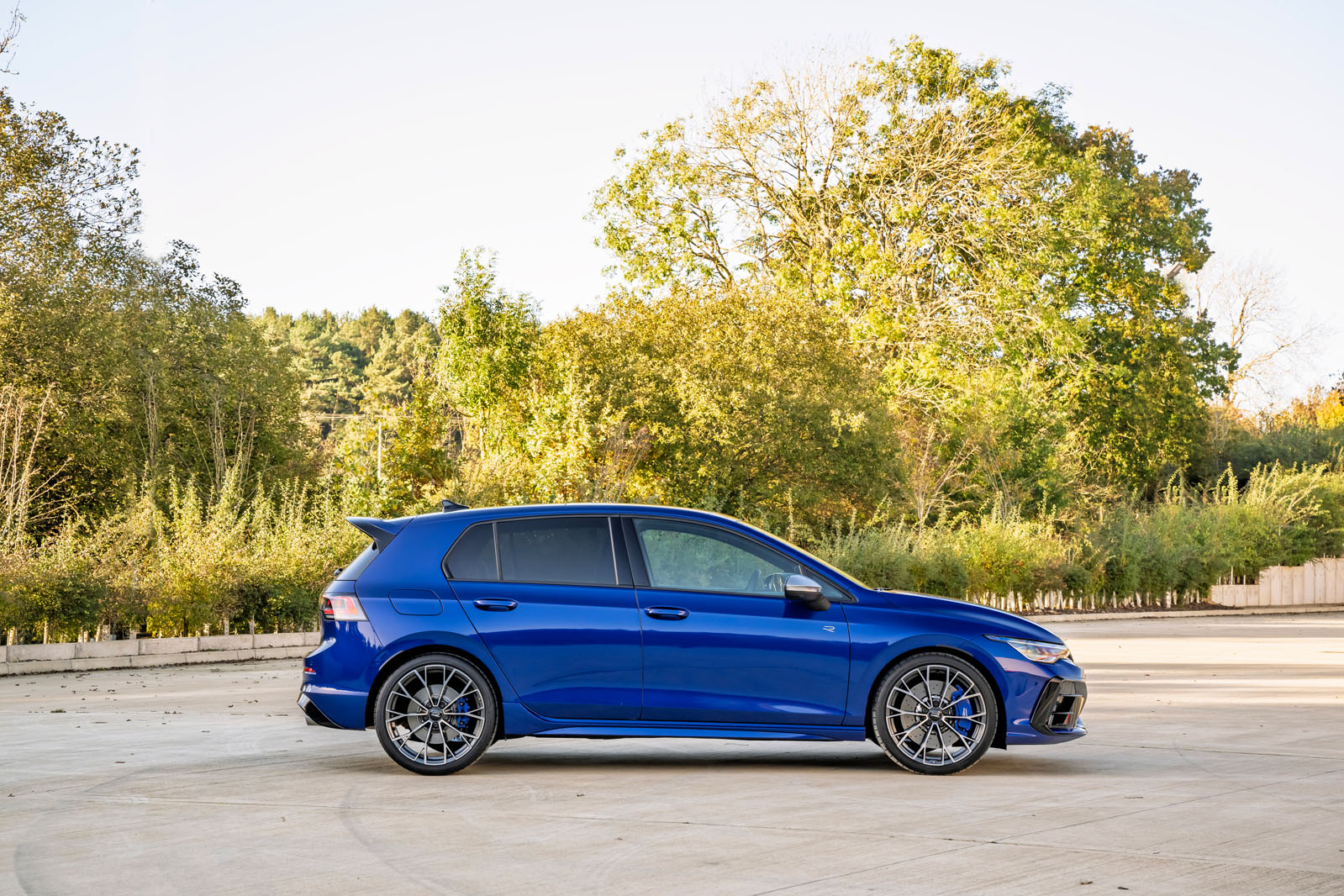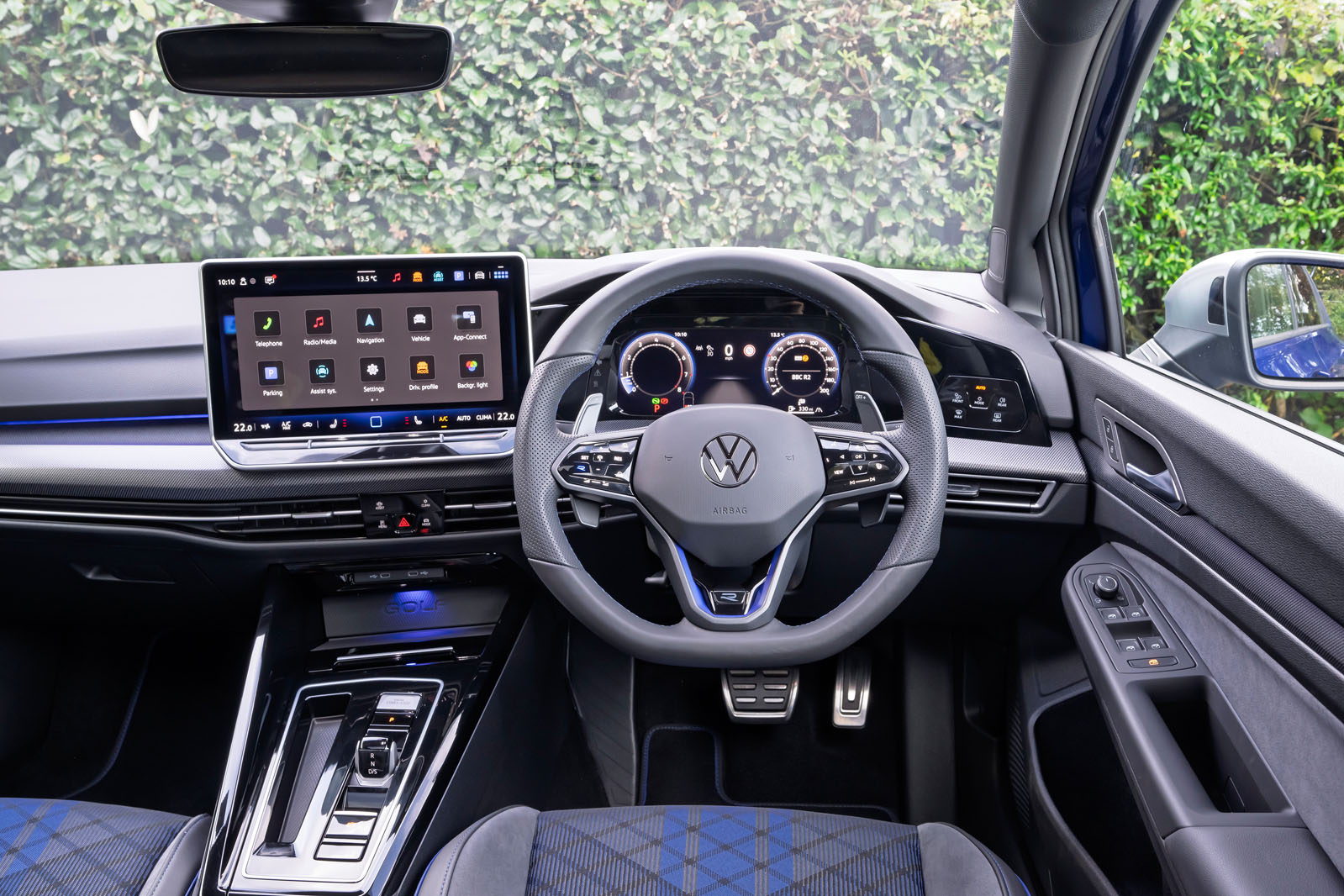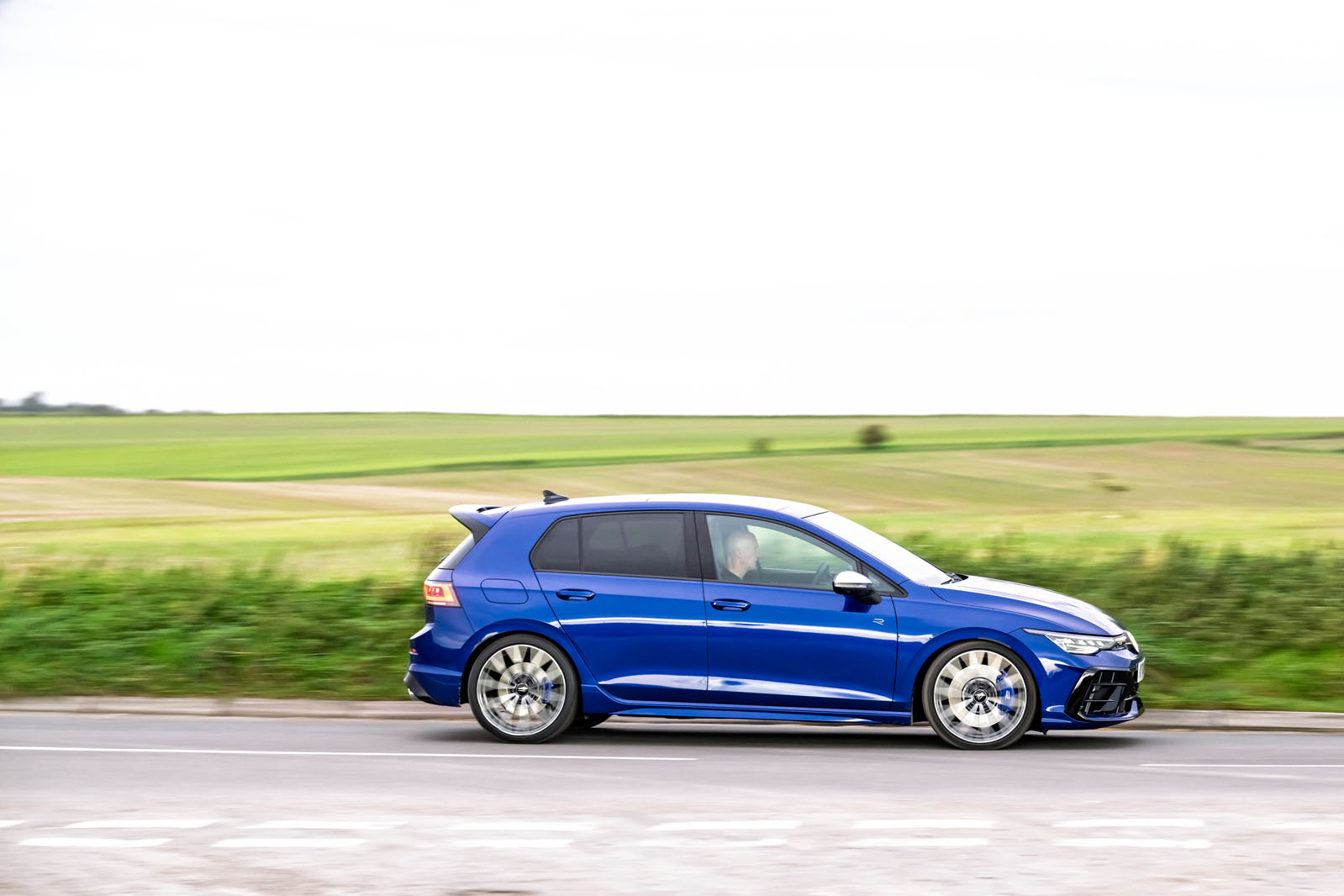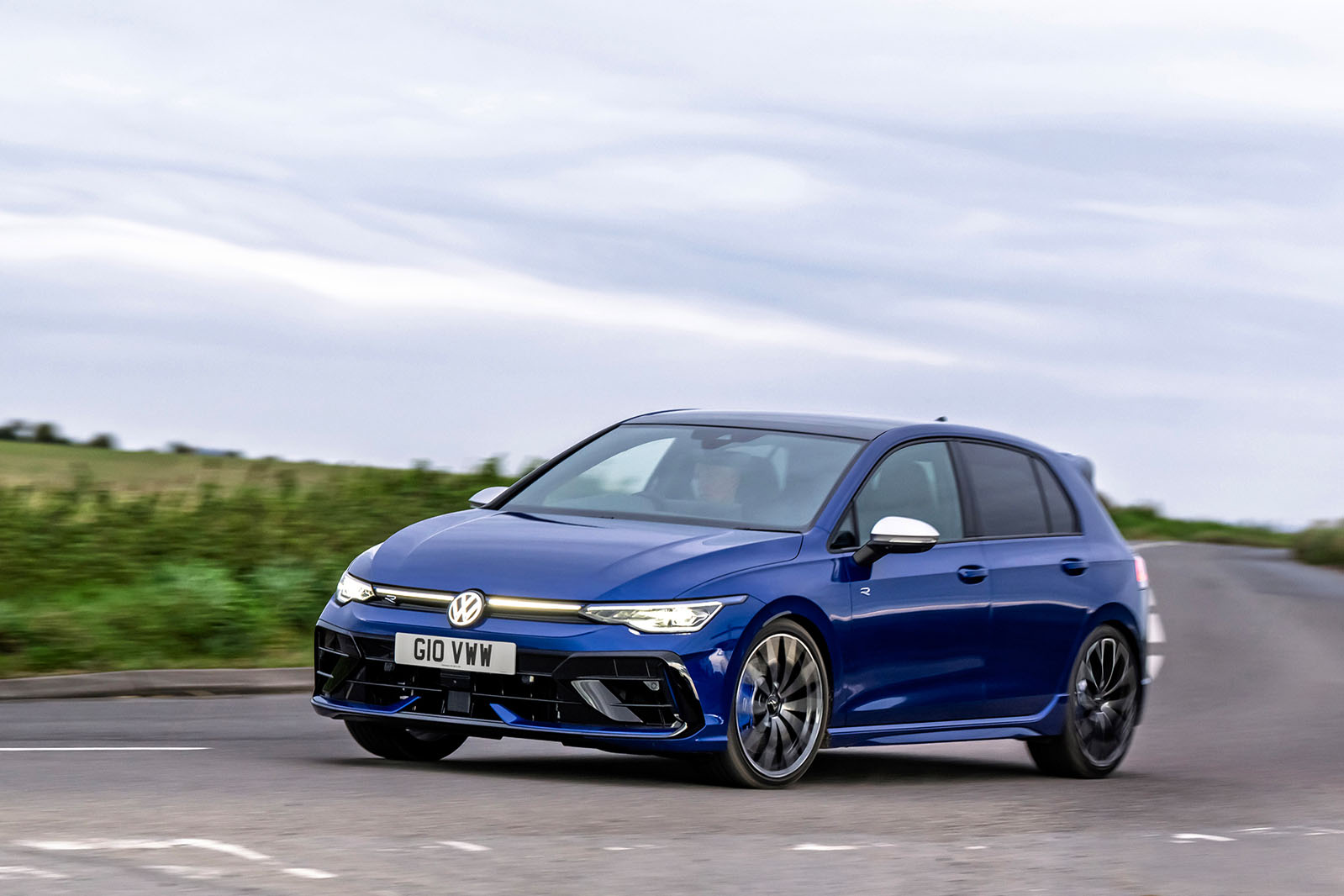Engineers for the Volkswagen Golf R must be tired of wrestling with the law of diminishing returns. So composed and complete was their high-performance reworking of the Mk7 VW Golf that they’ve struggled to make any big gains since, either through that car’s facelift or its subsequent transformation into the current eighth-generation machine.
Now there’s another mid-life refresh for the Wolfsburg wonder wagon and, once again, VW has elected to not really mess with a winning formula. There's a dash more power, some visual tweaks, revised coding for the driver modes and a couple of choice new options, but essentially the latest Golf R is much the same as its predecessor.
Nevertheless, against a legislative backdrop that makes it harder than ever to make these sorts of cars, it's hard not to admire the brand's commitment to the hot hatch cause. Of course Volkswagen was a pioneer of the go-faster family car genre, but with the GTE, GTI and GTI Clubsport sharing showroom space alongside the R, it's clear VW has got a severe case of the pocket-rocket virus.
In many respects, the Golf R could have an easy path to success, given that many of its rivals are either long dead and buried (Ford Focus RS), not long for this world (Honda Civic Type R) or exist in a more upmarket and pricier orbit (Mercedes-AMG A35). However, it's fair to say that VW dropped the ball in the transition from Mk7.5 to Mk8 Golf, with quality and usability taking a dive in particular. So can the Mk8.5 redress the balance?




